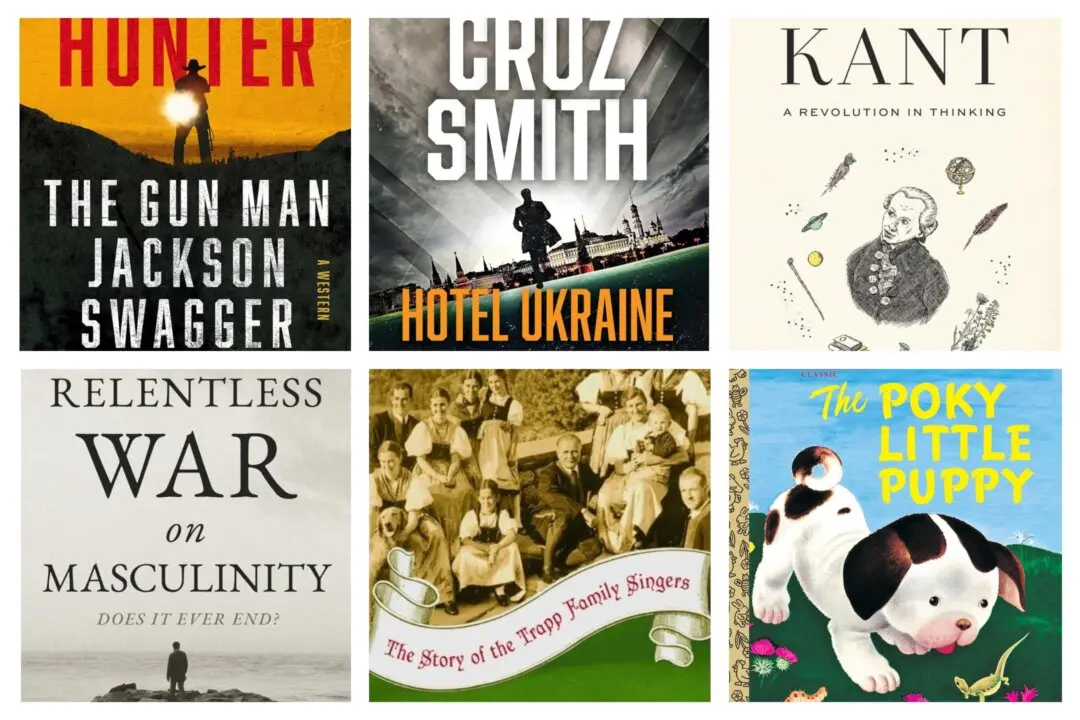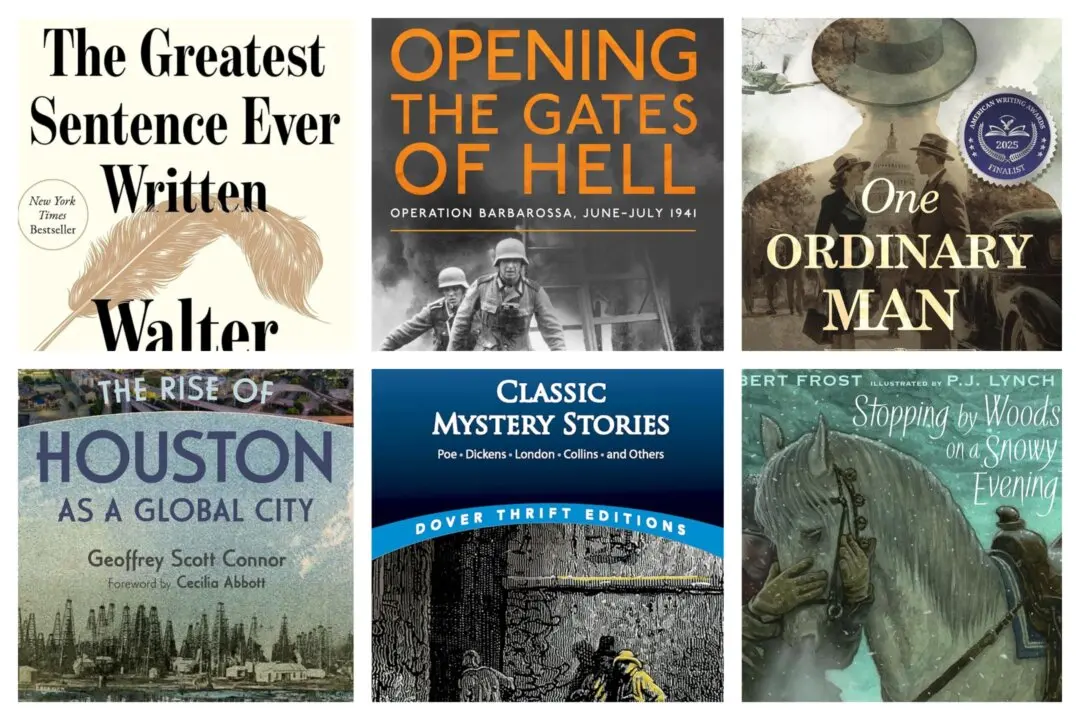During the past few years, a plague has descended upon us. No, not that plague—rather, the plague of fear. It has truly become an epidemic.
It seems like no matter where you turn, you’re being encouraged to hold fast to your fear. After all, danger is lurking just around the corner, experts are sounding the alarm, and catastrophe is looming.






